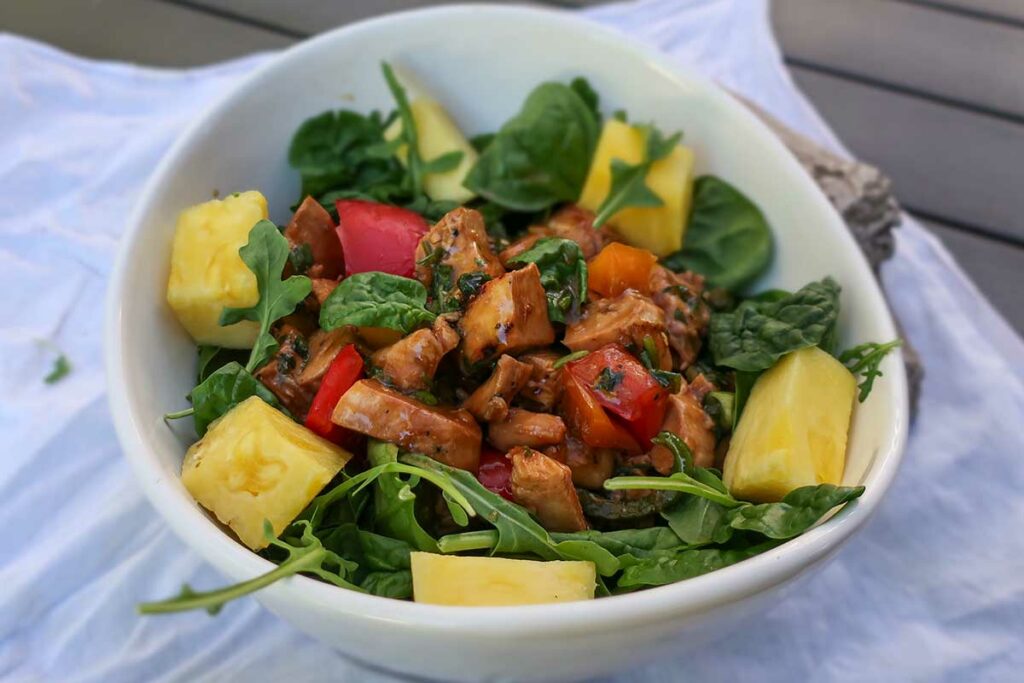Menopause Wasn’t the End — It Was a Reset
I didn’t dread menopause, but I did feel slight shifts. My sleep changed. My cravings changed. My workouts felt different. And while I never believed in crash diets or chasing trends, I did know it was time to listen more closely to my body.
I made three small but meaningful changes to my diet after menopause — and they’ve helped me feel strong, clear, and energized in ways I didn’t expect.
I Prioritized Protein — Every Day, Every Meal

Muscle loss after menopause is real — and it starts faster than you think. I increased my protein intake intentionally, aiming for 25–30g at each meal.
Here’s what that looks like for me:
- Eggs with greens and avocado in mid morning
- A smoothie with plant protein, flax, and berries
- Lentils, fish, or chicken with roasted veggies at dinner
Protein helps me recover from workouts, keeps my blood sugar stable, and supports a healthy metabolism after 50. It also keeps me satisfied — no more late-night snacking or sugar crashes.
I Curated My Carbs — I Didn’t Cut Them

I didn’t go low-carb. I went smart-carb. I swapped out refined options for nutrient-dense carbs like sweet potatoes, quinoa, legumes, and fruit. (I do have a cheat day once a week) as a reward.
Carbs fuel my workouts, my brain, and my mood. The difference is, now I pair them with protein and fiber so they work with my body — not against it.
And most importantly: I stopped fearing carbs. They’re not the villain — they’re part of a balanced diet for women over 50 who want to feel vibrant and energized.
I Slowed Down and Ate Like I Matter
Before menopause, I could rush through meals and still feel okay. After? Not so much. I started slowing down — sitting to eat, tuning in to hunger, noticing how food made me feel.
This one shift changed everything:
- I feel fuller with less
- My digestion improved
- I stopped eating out of habit or stress
Eating with awareness helped me reconnect to my body’s signals. And that led to better choices — not from discipline, but from alignment.
Why These Changes Matter

These aren’t “rules” — they’re rhythms. Supportive, sustainable habits that help me feel my best in this season of life.
I have more energy. My workouts feel strong. I sleep better. And most importantly, I enjoy how I eat. Because healthy eating after 50 doesn’t have to mean restriction. It just means making choices that work for your body — not against it.
Let’s Talk
What have you changed in your nutrition since menopause? Have you noticed any shifts that surprised you? I’d love to hear your experience in the comments on the She’s Got Stories page — or pass this along to a friend who’s trying to figure out what actually works after 50.
